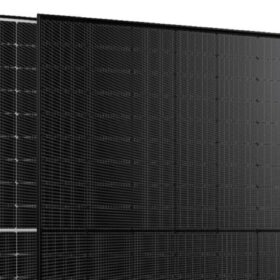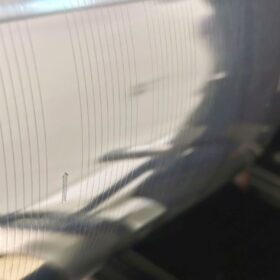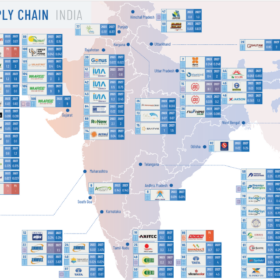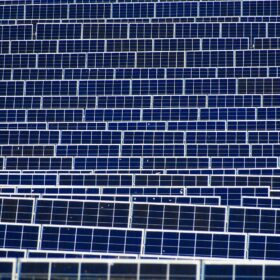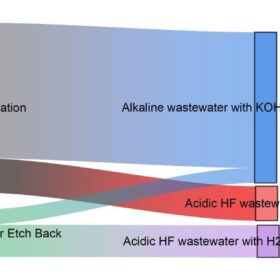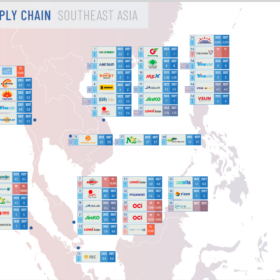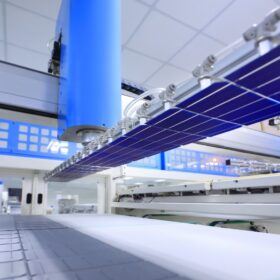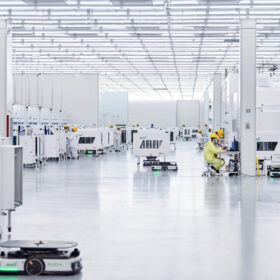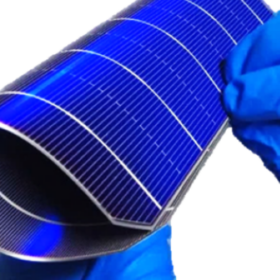Google invests in Taiwanese solar developer New Green Power
Google has made a capital investment in Taiwan-based New Green Power, in a deal that grants the US company the rights to procure up to 300 MW of solar assets.
Winaico presents bifacial 435W TOPCon module with 22.30% efficiency
Taiwanese manufacturer Winaico said its newest bifacial, n-type, glass-glass TOPCon compact modules are available in a 435 W aluminum-framed version, and a 430 W full-black version. The module efficiency is up to 22.30%.
Fraunhofer ISE unveils rotary printing technique for heterojunction solar cell metallization
Researchers at the German research institute have found that indirect gravure printing for metallization of silicon heterojunction solar cells reduces silver consumption and cycle times to below 0.5 seconds per cell, while still enabling conversion efficiencies of up to 20.7%.
Sinovoltaics charts growth of PV manufacturing in India
The latest supply chain report from the Hong Kong-based technical compliance and quality assurance company covers India, providing information about current and planned capacity at 116 manufacturing plants.
Sinovoltaics updates financial stability ranking of PV module manufacturers
The latest Sinovoltaics financial stability report ranking lists Tainergy, Eterbright, First Solar, Era Solar, and TSEC as the top five module makers. There was a slight reshuffling in the top ten, and seven new manufacturers were added to the ranking.
New water circulation tech promises lower PERC solar cell manufacturing costs
A German team developed models to illustrate water-saving potential in PERC silicon solar cell manufacturing based on a circular approach and commercially available technology. In the case of a 5 GW fab, water savings of up to 79% and wastewater discharge reductions up to 84% could be achieved, a “significant” improvement compared to a reference scenario.
Sinovoltaics maps out Southeast Asian PV manufacturing sites
The latest supply chain report from the Hong Kong-based technical compliance and quality assurance company covers the Southeast Asia region, providing information about 50 manufacturing sites.
China’s Seraphim begins work on 10 GW module factory
Seraphim says it will build a new 10 GW solar panel factory in two phases in Guangzhou, with an investment of CNY 6 billion ($829.6 million), while JA Solar has announced plans to construct a 5 GW panel factory in Inner Mongolia.
JinkoSolar breaks ground on 56 GW solar factory
JinkoSolar has broken ground on a 56 GW PV panel factory in China’s Shanxi province. It says the new facility will be vertically integrated and will be constructed in four 14 GW phases.
Longi develops flexible heterojunction solar cell with 26.06% efficiency
The Chinese module manufacturer led an international research team seeking silicon material savings and efficiency gains in the development of heterojunction PV devices. The cell achieved a certified power conversion efficiency of 26.06% with a thickness of 57 μm, with Germany’s Institute for Solar Energy Research confirming the result.

